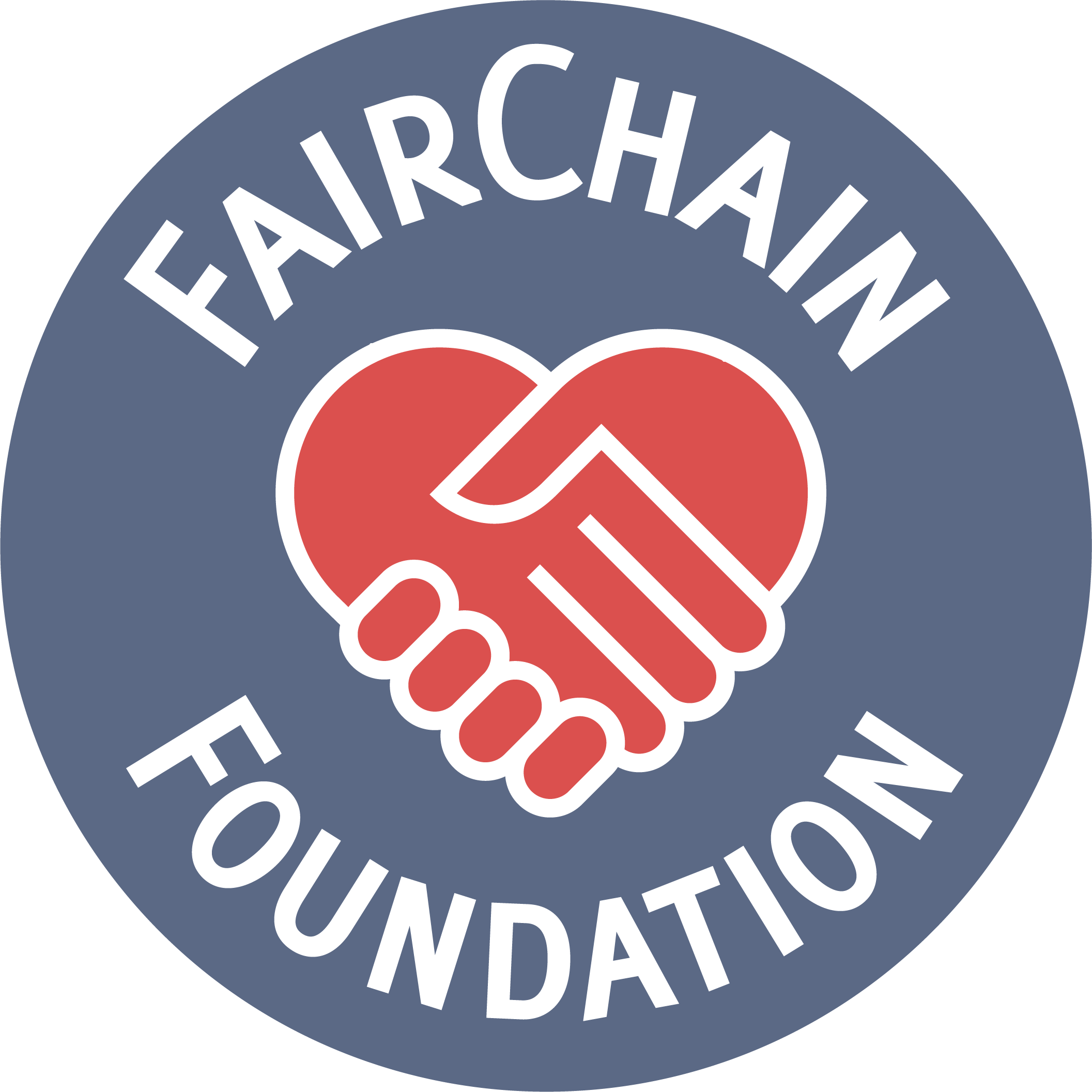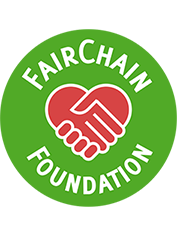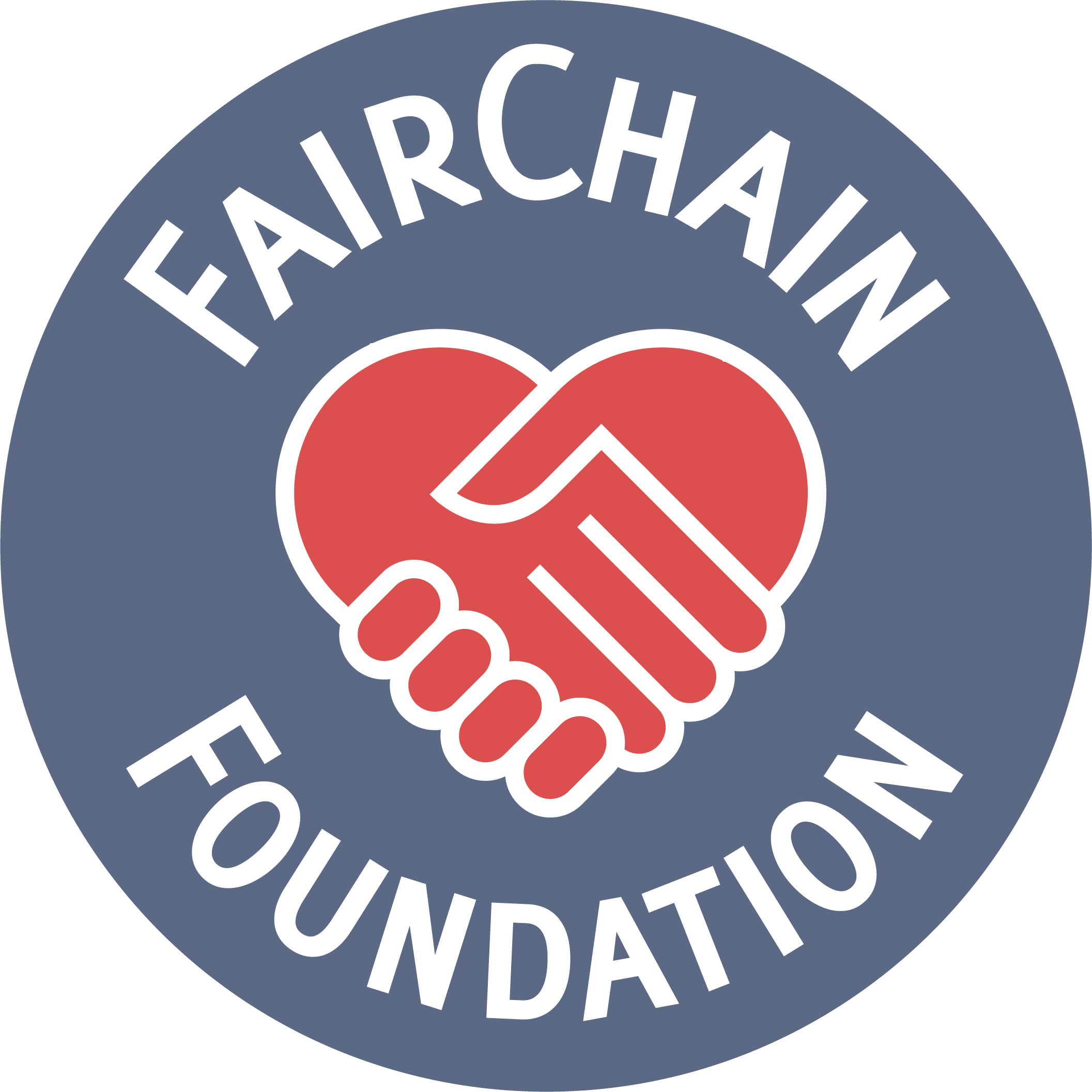One of Holland’s best-known consumer report programs gave FairChain some airtime. More to the point, they compared FairChain to Fairtrade and discussed the high potential of FairChain with Dutch professor of development studies, Ruerd Ruben. We’re pretty proud to say we passed the scrutiny of both Kassa and Professor Ruben. Click here for the 7-minute clip. It’s in Dutch, but for all you non-Dutchies we’ve translated the transcript in English for you below. That’s how important we think this TV program was to understanding FairChain and Moyee coffee.
THE INTERVIEW:
Kassa Presenter: This is your coffee? Where does it come from?
Guido van Staveren van Dijk, owner Moyee: From Ethiopia. The Lima region, an area that used to be called the Kaffa region. Kaffa is the birthplace of all the world’s Arabica coffee.
Kassa Presenter: [Tastes]: It’s really good coffee. But it’s also special coffee, why?
Guido: Our plan is to roast the coffee in Ethiopia, which we will do hopefully by April. This is the starting point of what we call the FairChain revolution. We want to restore the balance between the coffee drinking nations and coffee producing nations.
Kassa Presenter [Voice Over]: Over the last few years coffee farmers have earned less money while consumers are paying more. According to Moyee, there’s a more honest way to split the value. They call it FairChain. The biggest difference is that the coffee isn’t roasted in Holland, but in the country where it is grown.
Moyee: By roasting in the country of origin we make sure 300% more value remains in that country.
Kassa Presenter [Voice Over]: Development economist Ruben thinks small coffee farmers will indeed profit from FairChain.
Professor Ruerd Ruben: For small farmers it is useful. Farmers currently receive about 10% of the price consumer pay. The rest of the money is for transport, packaging and especially for the supermarket. 10% a pretty small percentage, 12% maximum.
Kassa Presenter: Will FairChain improve that?
Professor Ruerd Ruben: It’s an important step forward. It would be great if they could realize 30% — which is probably the maximum.
Kassa Presenter [Voice Over]: More money for farmers. But we already have Fairtrade coffee, like Max Havelaar? They give farmers more, but they don’t roast the coffee in the country of origin.
Peter d’Angremond, Director Max Havelaar: What Moyee wants to do is very sympathetic, but creating more added value for farmers in developing countries is more than just roasting and packaging your coffee there.
Kassa Presenter: But isn’t’ it a good beginning?
Peter d’Angremond, Director Max Havelaar: I’d venture to say that it isn’t.
Kassa Presenter: Why not?
Peter d’Angremond, Director Max Havelaar: Because there are already a lot of farmers who still have yet to capitalize on their enormous potential to increase the productivity and quality of their coffee. A lot of farmers join Fairtrade cooperations in order to increase the quality of their coffee. Higher quality coffee results in higher value. When you increase the productivity of your hectare, that too results in higher value, too.
Guido van Staveren van Dijk, owner Moyee: Max Havelaar is doing good work, but their focus is entirely on the farmer. Our focus is on the entire chain.
Kassa Presenter [Voice Over]: The entire chain for Moyee means roasting in Ethiopia and exporting it to Europe. Max Havalaar believes that the farmers should decide for themselves how to spend their extra income.
Peter d’Angremond, Director Max Havelaar: KCU is a large Fairtrade coffee cooperation in Tanzania. They’ve invested in a machine that can make instant coffee. They sell that instant coffee themselves. So it’s not like it isn’t happening, it’s just that they haven’t tapped into its full potential.
Kassa Presenter: How much extra have the farmers earned from Fairtrade ?
Professor Ruerd Ruben: Relatively little. Lots of farmers are certified but can only sell a small portion of their Fairtrade coffee in East Africa – only about 25%. The extra price they earn from Fairtrade is marginal because of the low coffee prices on the global market. To put it nicely, it’s a very modest yield.
Kassa Presenter: A drop in the ocean.
Professor Ruerd Ruben: That’s a good way to say it.
Kassa Presenter: Douwe Egberts [Dutch market leader] says that you can’t roast in the country of origin because there’s only one type of bean there, and the coffees they make are blends of 16 types of beans from 16 different countries.
Guido van Staveren van Dijk, owner Moyee: We’ve become accustomed to drinking these types of blends, but it wasn’t always like that. Take wine, for example. You enjoy a very specific taste from a specific region. Besides, Douwe Egberts blends for all the wrong reasons. They simply don’t want to rely on a single coffee farmer or supplier. They want to negotiate with as many farmers as possible to keep the prices low. Low prices for the farmers, high prices for us – maximum profit.
Kassa Presenter: They say that’s what the consumer wants.
Guido: No, they don’t. I’m not convinced about that. There’s a growing number of people that can distinguish one coffee bean from another and they are looking for higher quality coffee – in restaurants, special coffee houses and at home.
Kassa Presenter: Will FairChain make aid to developing countries obsolete?
Professor Ruerd Ruben: I think that expectation is too high for the countries themselves. But for the farmers it could signify an enormous source of income, so it’s definitely worth trying.
Kassa Presenter: And for the European Union, what does it mean for honest trade?
Professor Ruerd Ruben: Abolishing the import tariffs on manufactured goods isn’t going to happen any time soon. You can import raw unprocessed goods like green coffee beans tariff-free, but the moment you process them [roast coffee beans] there are all sorts of tariffs. It’s too ridiculous for words.
Kassa Presenter: So you abolish import tariff?
Professor Ruerd Ruben: It’s from another time.
Kassa Presenter: So you send the coffee to consumers in this package.
Guido van Staveren van Dijk, owner Moyee: Yes. We want to make barista-quality coffee accessible to everyone.
Kassa Presenter: You send it via mail. Why not in the supermarket?
Guido van Staveren van Dijk, owner Moyee: Like coffee, supermarkets are dominated by the multinationals, so it’s tough to get in there. It would certainly be great for our volume and the impact we want to realize. On the other hand, supermarkets drive down margins. Right now we have the luxury to share those margins with our community.


